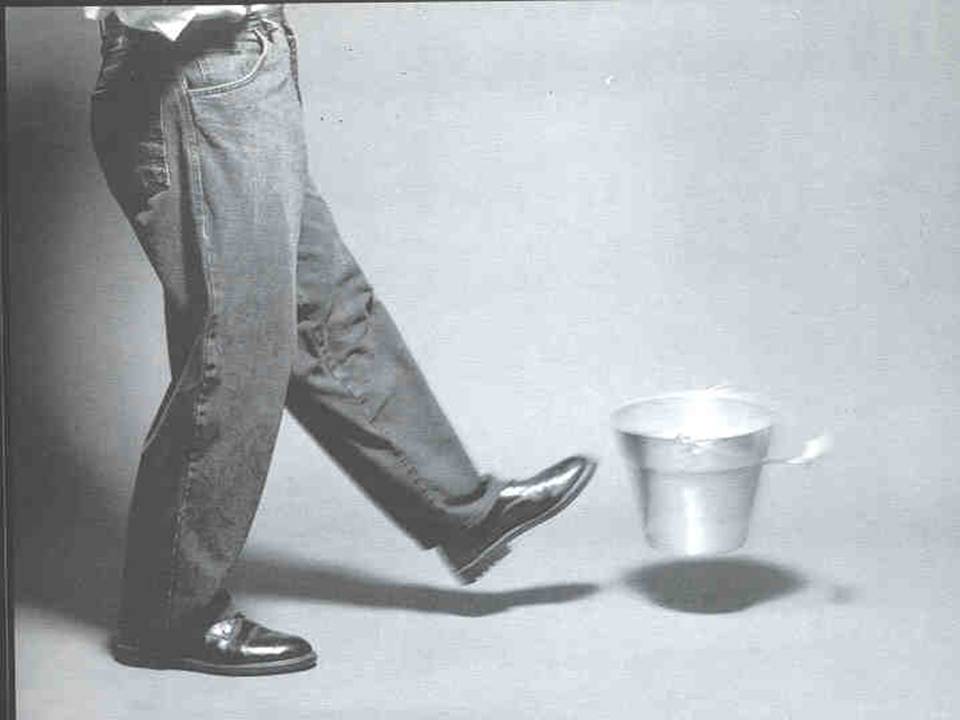The English language has a lot of funny words and sayings that we use every day, but do you ever wonder how they came to be? Well, you're not alone and just as you've already suspected, they all have interesting and at times strange histories.
Here are 10 common sayings and their weird origin stories:
1. Kick the bucket

Meaning: To die
Origin: Most entomologists argue that the saying dates back to the 16th century. Although its origin isn't clear, it is believed that it relates to suicides where the person would stand on a bucket with a noose around their neck then kick away the bucket when they're ready.
2. Bite the bullet

Meaning: To endure a painful situation
Origin: Back when medicine wasn't as advanced, surgeons in the army didn't have the time to administer anesthesia before performing emergency procedures on wounded soldiers. Instead, they made patients bite down on a bullet to help distract them from the pain.
3. Sleep tight

Meaning: To sleep well
Origin: In the Shakespearean era, mattresses had to be tied to the bed frame to ensure they're sturdy. The tighter one pulled on the ropes, the firmer the mattress would be.
4. Blood is thicker than water

Meaning: Family comes first
Origin: While it is used to refer to family being above everything else, the saying's true meaning is actually based on a shortened Bible verse that says, "The blood of the covenant is thicker than the water of the womb." about "blood brothers" who fought together in wars. It dates back to an ancient Middle Eastern culture where warriors were thought to have a stronger bond than biological brothers because of the blood they've shed together in battle.
5. Rule of thumb

Meaning: A general guide
Origin: It is believed that saying came from carpenter, tailors and other professionals using their thumbs to take measurements of objects. Another claim says that "rule of thumb" actually refers to a 17th Century English judge Sir Francis Buller giving a husband permission to beat his wife as long as the stick was no wider than his thumb.
6. Break the ice

Meaning: to relieve tension between strangers
Origin: Before all the technological advancements we have today, during harsh winters small ships called "icebreakers" would rescue larger ships stuck in the frozen waters by breaking the ice and creating a path for them to follow.
7. Saved by the bell

Meaning: A timely intervention
Origin: Contrary to popular belief the saying didn't stem from coffin contraptions or the TV show, it originated from boxing. It was first documented in the early 20th century and refers to a boxer being saved from being counted out of a match by the bell at the end of round.
8. Butter someone up

Meaning: To flatter someone for a favor
Origin: At one point in ancient India, devouts used to throw butter balls at statues of the gods when asking them for favors or forgiveness.
9. Give a cold shoulder

Meaning: to deliberately ignore someone
Origin: The act of giving someone a cold shoulder is considered rude today, but in medieval England it was actually a polite gesture. It was customary for a host to give a guest a cold piece of meat as a way to say "you many leave, now" without being rude.
10. Once in a blue moon

Meaning: very rarely
Origin: It refers to the rarely visible third full moon that appears in a season of four moons. The name of the moon comes from the old English word 'belewe' which means both blue and betrayer.
Did any of these meanings surprise you? Let us know in the comments!
